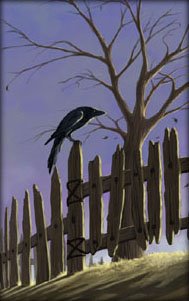Personally, the number of podcasts that pique my interests is overwhelming. I understand the strength of podcasts as a means delivery.
I am also in awe of teachers who have successfully developed strategies to use podcasts as products to assess student mastery. e.g. content reports, oral histories, spoken word poetry to name a few.
Realizing that the number of students entering into post secondary science instruction appears to be at a national low, I would like to have my students suggest a project to find out how scientists became scientists. and how (or if) they apply the "scientific method" they learned in high school to what they do each day.
Most high school science courses introduce the scientific method early on as a series of logical steps a scientist uses to determine the cause for some observable phenomenon. Abductive reasoning produces competing hypotheses, one is tested by a controlled experiment, data is collected, analyzed, results are reported and conclusions are drawn. (You remember, don't you?)
Do scientists remember being taught the scientific method?
Do practicing scientists follow this method in their daily pursuits?
What, if anything, in their high school experiences lead them to become a scientist?
My plan is to have the students identify a number of prominent , practicing scientists in the field of biology today, people they read about in the news, award winners, people listed in their text. Then, try to develop contacts with them in order to set-up skype conversations to answer a set of questions like the ones above.. The conversations can then be mixed into podcasts for publishing.
Maybe they will realize that scientists are people. And while it may take work and desire, anyone of them can develop the skillset necessary to be a scientist.
Technorati Tags:






